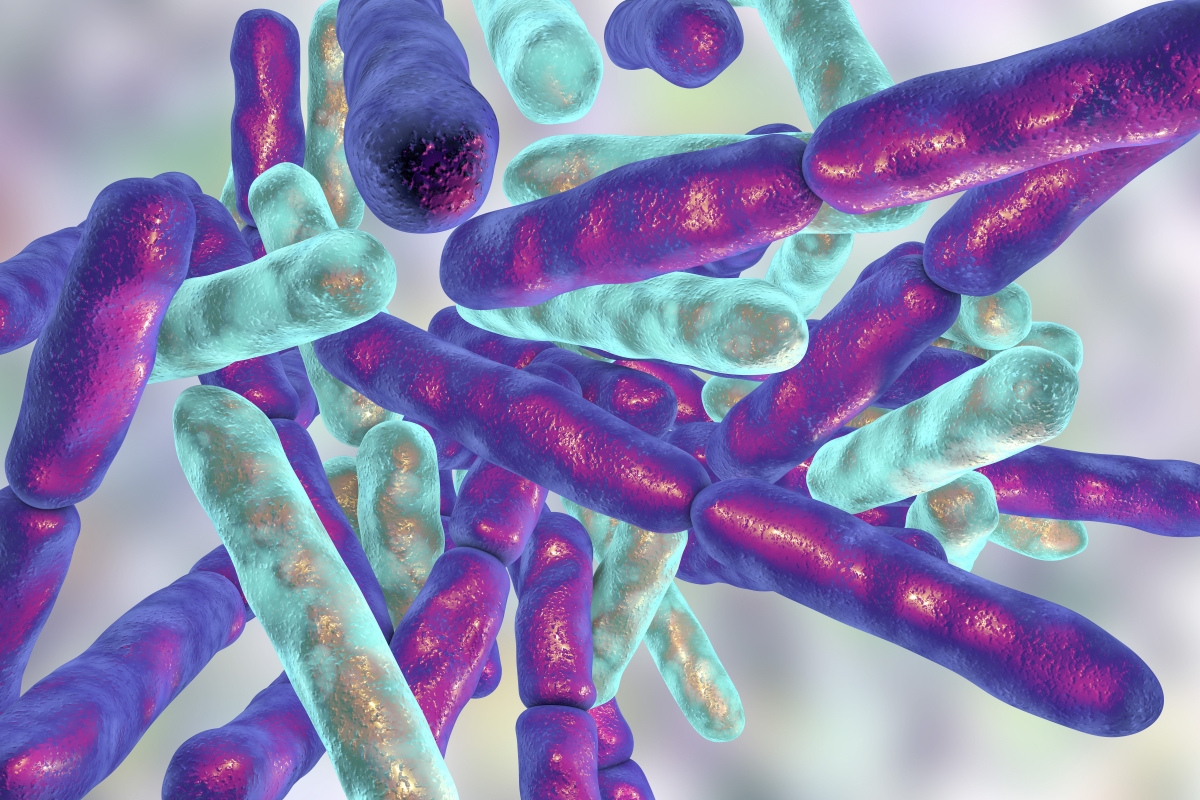The effects of probiotics on mood and emotion


The CNP Probiotics, Prebiotics and Mental Health Research Category consolidates research exploring the effects of probiotics, prebiotics, psychobiotics, and synbiotics on mental health. To view each original study on the open internet, click “Original.” To view the CNP-written abstract summary, click “CNP Summary.” While only some CNP-written abstract summaries are available below for free, all are available to CNP members through the CNP Library Membership.

Growing older is associated with alterations in the gut microbiota and a reduction in mental capacity. Psychobiotics are microbiota-targeted treatments that can improve mental health and slow down the brain's aging process. In comparison to people who are neurologically healthy, Aljumaah et al. (2022) examined the gut microbiome composition and predicted microbial functional pathways of middle-aged and older adults who met the criteria for mild cognitive impairment (MCI), in addition to conducting a placebo-controlled, double-blind, randomized clinical trial to examine the effects of probiotic Lactobacillus rhamnosus GG (LGG). A total of 169 middle-aged (52–59 years) and older (60–75 years) community-dwelling adults were randomly assigned to probiotic and placebo groups for a three-month intervention. Samples were taken at baseline and after supplementation. Based on their cognitive condition, participants were subsequently separated into intact or impaired cognition groups. Prevotella ruminicola, Bacteroides thetaiotaomicron, and Bacteroides xylanisolvens were found to be taxa linked with MCI by microbiome study. Prevotella was found to be substantially more common in MCI participants than in cognitively intact subjects, according to differential abundance analysis at baseline. An increase in the MCI group's cognitive score was associated with a relative abundance decline of the genera Prevotella and Dehalobacterium in response to LGG administration. According to these results, the authors comment that some gut microbiota members are associated with middle-aged and older persons' cognitive function. Upon further confirmation, these taxa may be utilized as important early markers of MCI and may be stimulated by prebiotics, probiotics, and symbiotics to facilitate favorable brain aging outcomes.
The effects of probiotics on mood and emotion
The gut-brain relationship: Investigating the effect of multispecies probiotics on anxiety in a randomized placebo-controlled trial of healthy young adults
CNP Research Summary can be found in the CNP Library Membership
Probiotic supplementation can positively affect anxiety and depressive symptoms: A systematic review of randomized controlled trials
Supplementation with combined Lactobacillus helveticus R0052 and Bifidobacterium longum R0175 across development reveals sex differences in physiological and behavioural effects of western diet in Long–Evans rats (animal)
CNP Research Summary can be found in the CNP Library Membership
Probiotic Bifidobacterium longum NCC3001 reduces depression scores and alters brain activity: A pilot study in patients with Irritable Bowel Syndrome
Probiotics for the treatment of depressive symptoms: An anti-inflammatory mechanism?
CNP Research Summary can be found in the CNP Library Membership
Gut feeling: Randomized controlled trials of probiotics for the treatment of clinical depression: Systematic review and meta-analysis
Effect of a multistrain probiotic (Lactoflorene ® Plus) on inflammatory parameters and microbiota composition in subjects with stress-related symptoms
CNP Research Summary can be found in the CNP Library Membership
Effects of a psychobiotic supplement on serum brain-derived neurotrophic factor levels in depressive patients: A post hoc analysis of a randomized clinical trial